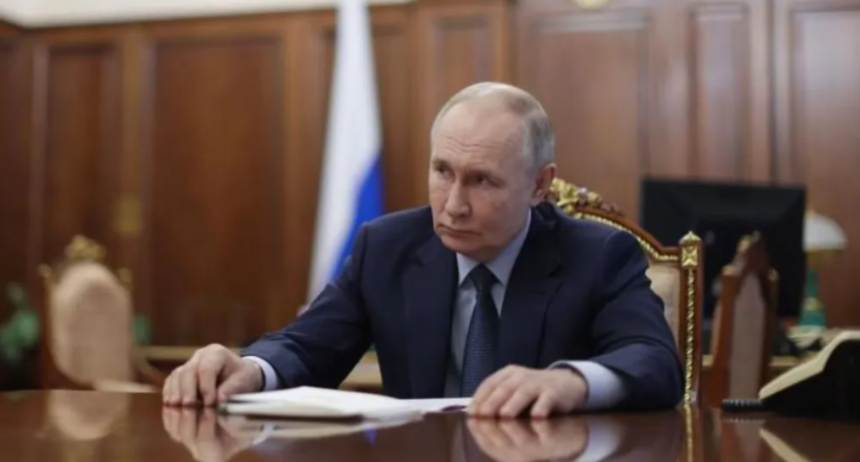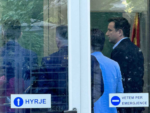A single phone call will not miraculously end the war in Ukraine. However, it has already provided Russian President Vladimir Putin with a diplomatic victory.
Just three years ago, Putin found himself isolated on the global stage following his decision to launch a full-scale invasion of Ukraine. His actions turned him into a pariah, prompting a strong rebuke from the international community. The United Nations General Assembly overwhelmingly condemned Russia’s “unlawful use of force against Ukraine,” while a series of international sanctions were imposed. Additionally, the International Criminal Court issued an arrest warrant for the Russian leader.
Meanwhile, former U.S. President Joe Biden wasted no time in condemning Putin, branding him a “murderous dictator” and a “pure thug.”
After Russia’s invasion of Ukraine in February 2022, the lines of communication between Putin and Biden were severed, leaving the two leaders without direct contact.
Fast forward to 2025, and a shift in leadership at the White House has brought a change in approach toward Russia. President Donald Trump, unlike his predecessor, expresses a desire to work “very closely” with Putin to resolve the ongoing war in Ukraine. Trump has even suggested the possibility of visiting Russia, a diplomatic move that would mark a major shift in U.S.-Russia relations, as no American president has visited the country in over a decade.
Putin, for his part, has invited Trump to Moscow, signaling a willingness to engage in negotiations. In many ways, Putin has already achieved a significant goal: the chance to negotiate directly with the United States on Ukraine, potentially sidelining both Kyiv and European powers. This move also places Putin at the forefront of international diplomacy.
However, the question remains how far Putin will be willing to compromise in these talks. Russian officials have expressed readiness for negotiations, but their demands remain anchored in the so-called peace proposal Putin put forward in June 2024. This plan, which has been interpreted by many as an ultimatum, suggests that Russia would retain control over all Ukrainian territory it has seized, and potentially extend its hold over additional land currently under Ukrainian control. Furthermore, the plan calls for Ukraine to forgo joining NATO and for all Western sanctions against Russia to be lifted.
As one Russian newspaper aptly summarized earlier this week: “Russia is ready for talks, but on its terms.”
In essence, while Russia may be open to dialogue, the terms it presents could reshape the negotiation process and potentially alter the course of the war in Ukraine.







